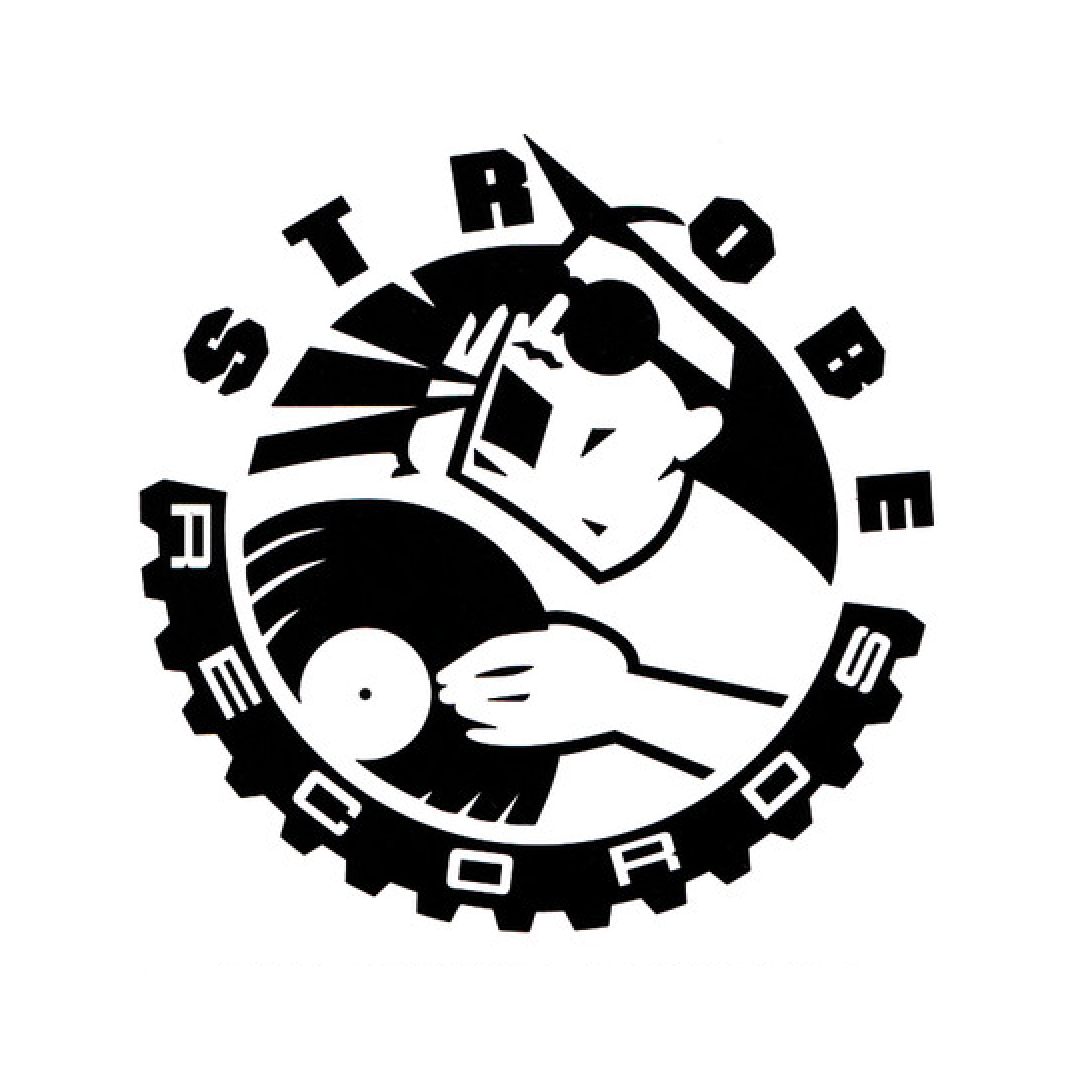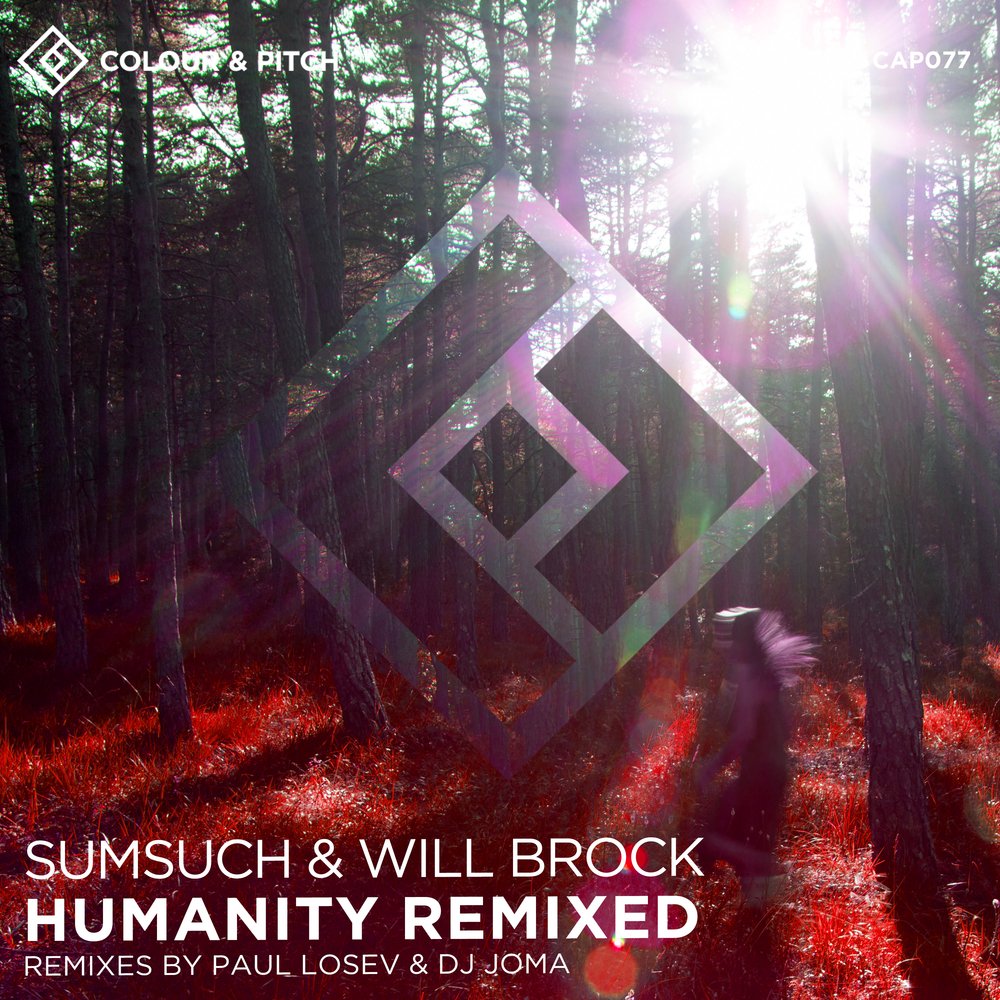So my big brother delivered me a birthday present a week or so ago... and to my absolute delight, it was a copy of the 1987 cult house/techno holy grail classic, Fallout ‘The Morning After’ . . . wow.
…Some weeks before I had mentioned to him that I had lost my original pressing of this holy grail classic somehow some years back (one of very few records i’ve ever completely lost! Still baffled on that mystery)...
But what is key about this track, is that 28 short years ago, it was that very same big brother who introduced me to this masterpiece of music, as a budding music connoisseur at the humble beginning of my musical quest… and this track was where it all began...
Fallout ‘Morning After’ (Sunrise Mix)…
…to be precise, is an absurdly simple, classic house music, deep house/techno concept with devastatingly hypnotic effect, and is possibly the single most important record in my (and likely countless others) collection, and I proudly say that it was entirely responsible for captivating me at the influenceable age of 13, through the fuzzy hiss of a mixtape I was passed back in 1992, a cool 5 years after the track’s initial release on Fourth Floor Records… Still, to me at that time, it was all brand new…. and I distinctly recall laying in my bed with my Aiwa walkman on, late one night, playing this track over and over as I mesmerised over this alternative electronic bliss. From the broad, deep reaching, almost melancholic string progressions, to the the flute and organ stabs, to the unending, cascading bass-line that never tires, even to this day! This track is an absolute masterstroke of landmark blueprint music from 2 legends of the burgeoning house and techno music scene of its time, Tommy Musto & Lenny Dee…
LENNY DEE - Interview excerpts courtesy of Alain Patick -
"When we did the tune, it was the real beginning of House music. I was vibing on loads of Peter Gabriel, Paul Hardcastle, Mr. Lee, etc. We did not go in the studio to copy these guys, we had just finished "Bamboo", my first EP for The Fourth Floor Records, so we went in to work on the next record with no real idea except that I wanted to make a deep track that had string based influence and a deep feel", declared Lenny Dee about the "The Morning After"'s first steps.
"The track started off with the 808 Drum machine, I made the beats & fill patterns. We created the drum grooves pretty fast. Musto had just got the first Roland linear synthesizer called the D 50 whose strings were a big part of the vibe. As I was looking for a deep mellow trip - the linear sounds brought a lush wide atmosphere", said Lenny about the equipment used. "It was fantastic, and it's the back bone of the new sounds made today with newer Digital synths".
"This is probably what took the more time - the mixing of the track" said Lenny. Back in the days, the sequencing was not done on a computer so they had to manually edit every piece & compensate for cuts live prior to the final version. "All in all the track consisted of ten to twelve tracks. I think this is why it still has a great feel & great sound, which by the way was totally helped by Herbie Powers Jr", claimed Lenny Dee. "He is one of the World's best mastering engineers. He worked at Frankfort Wayne Mastering in NYC. When he heard the track, he insisted to do it, which for us was a complete surprise as he only worked on mastering music that he wanted to do", stated Lenny again with enthusiasm.
The name 'Fallout - The Morning After' was a reference to Lenny & Musto. They used to DJ in a private after hours called the RoofTop on the 23rd floor of a building in New York which was filled with crazy people from the Disco scene, as well as from dance music in general and yes, drugs. "There were many late mornings DJing from midnight to three o'clock on the next day afternoon. Hence 'The Morning After' - the effects of this schedule was a Fallout of the mind & body. So, we named the title 'Fallout - The Morning After', says Lenny Dee.
"The feel of the track was what we felt every weekend. I guess this is still true today with people & new parties. I am happy we un-knowingly touched on that. We were just expressing what we heard, played & most importantly what we went through along the way in our life".
LTJ Bukem commented on The Morning After in the first edition of Muzik (1995)magazine:
"This tune was my orgasm when House music started. It's an unreal record which sounded so different that it stood out for years. It's about 120 BPM and the bassline and strings are very basic, but it's really deep and bouncy and his playing and arrangements still sound fresh today. Nobody else has ever made anything like this, it's timeless."
The men behind this classic house music masterpiece …
Tommy Musto
DJ since 1978; won a Tommy Boy Records mix context in 1981; editor and remixer for labels such as Vanguard, Next Plateau, Fourth and Broadway and 25 West Records; mixshow DJ on WKTU 92.3 alongside The Latin Rascals (Tony Moran & Albert Cabrera), Aldo Marin (Cutting Records) and Jellybean Benitez.
Producer since the late 1980s on Fourth Floor, Underworld, Nu Groove and Midnight Sun Records, which helped to culminate a partnership with Silvio Tancredi, with whom he formed Northcott Productions. Co-produced many early rave tracks with Frankie Bones.
Remixer from the early 1990s for major label artists such as Michael Jackson, Gloria Estefan, John Secada & Celine Dion.
Formed Sub-Urban Records in 1993 with Victor Simonelli. Helped Johnny D establish Henry Street Music in 1994.
Bio info courtesy of Discogs
Lenny Dee
Producer / DJ / Label Owner Lenny Dee is one of NYC’s earliest techno and house pioneers. He produced classic UK chart-hitting techno with Frankie Bones (as Looney Tunes), Victor Simonelli (for Nu Groove and Def Mix). Early on, Lenny worked at Skyline Studios (at the time home of Nile Rodgers), and at Arthur Baker’s Shakedown Studio’s on productions for New order, Brooklyn Funk Essentials, and Al Jarreau among others. He then attacked Europe with the then new sound of Techno and in 1991 launched Industrial Strength Records – the first electronic ‘Hardcore’ label in the world that’s included music from Carl Cox, Richie Hawtin, Laurent Garnier, Manu Le Malin, Angerfist, Corrosion of Conformity, Daft Punk, Neophyte, Unexist, DOA, The Sickest Squad, Nasenbluten and many more. More on Lenny here
Bio INFO courtesy of Resident Advisor
So there it is… Fallout - The Morning After - A stone cold holy grail house / techno music classic…
Bravo Tommy Musto, Lenny Dee, we salute you!
Credits and kudos to Alain Patrick, the source of the above Lenny Dee interview content.
Alain Patrick is an enthusiast of the worldwide Electronic Scene, Co-Founder of the Quadraphonia Consulting Company and founder of Electronic Standards project, Alain_Patrick grew up listening to Classical, Avant-Garde & Experimental Music records, and Soul-Funk-Disco-Boogie Music on the Radio to become an Audio Consultant w/ a large experience in the Music Industry.












